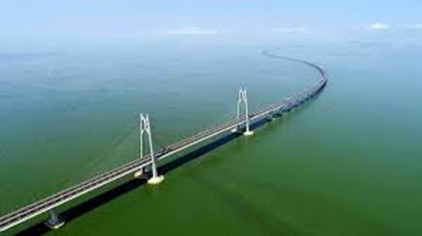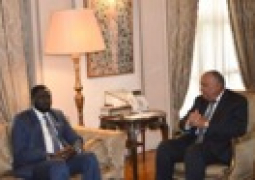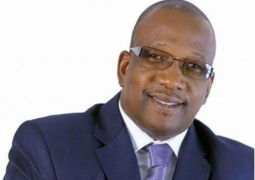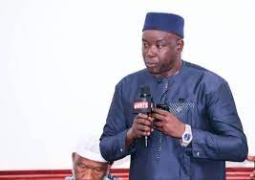
Hon. Assan Touray, Member for Bakau, asked the minister to explain how government intends to solve what has become a national embarrassment.
“The impact of the ferry service on trade and regional movement cannot be overstated,” Touray said. “But Gambians are fed up. What diplomatic and regional steps are being taken to fix this bottleneck once and for all?”
In response, Minister Joof admitted the challenges but insisted solutions are on the way. He outlined short-term measures such as improved maintenance, safer shuttling, and better operational oversight. Long-term, he pointed to a public-private partnership (PPP) with Negma Shipping Investment Corporation, which he said will soon introduce a “modernized fleet and facilities” to the Banjul–Barra route.
“The coming up of Negma Company has provided additional impetus to enhance efficiency of ferry services,” Joof told lawmakers. “We are also exploring further PPPs to diversify routes and link north and south more seamlessly.”
Hon. Yahya Sanyang, Member for Latrikunda Sabiji, demanded clarity on why government is involving private operators when the Gambia Ferry Services already exists.
“Do you intend to privatize the ferry system entirely?” Sanyang asked.
Joof denied any hidden agenda but stressed that PPPs were the only practical way to meet the demands of modern trade and transport.
“Knowing the geography of The Gambia, we cannot do this alone,” he said. “Farmers, traders, and ordinary citizens need faster, safer crossings. PPPs will allow multiple ferry companies to provide alternatives and break the monopoly that has failed the people for so long.”
For Minister Joof, the ferry crisis is not only a matter of transport. It is a litmus test of the government’s commitment to regional integration. He reminded MPs of other strides, such as the 2019 completion of the Senegambia Bridge at Farafenni, which has already boosted trade and eased regional travel. He also highlighted new trade cooperation agreements with Senegal and Guinea-Bissau, and opportunities under the African Continental Free Trade Area (AfCFTA).




